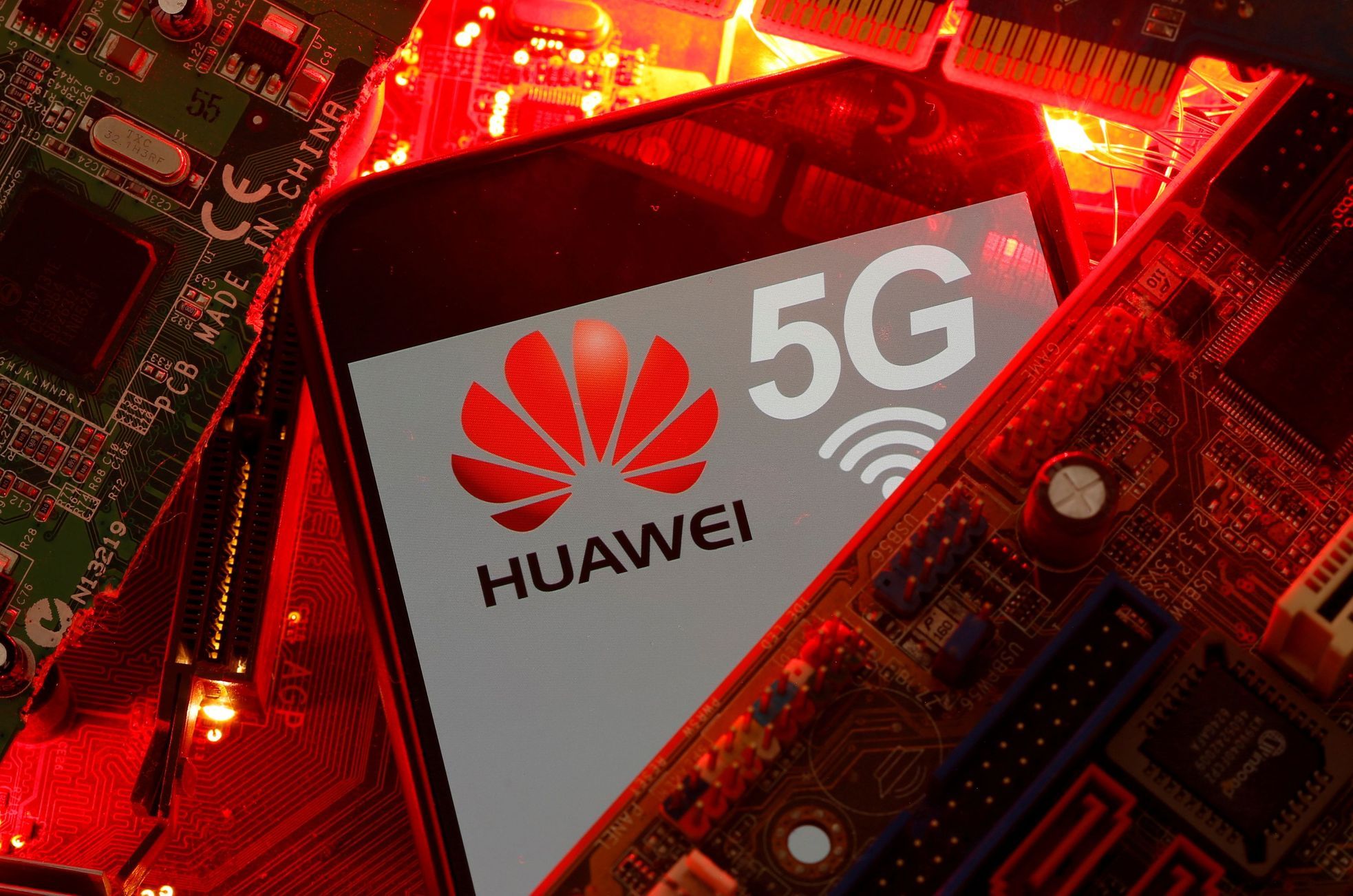Huawei banned from 5G networks as UK explores other options

Huawei’s telecoms equipment will be removed from the UK’s 5G network within seven years after the UK government changed course and banned the provider following pressure from a group of Conservative rebels and the Trump administration.
Last week, Culture Secretary Oliver Dowden confirmed that Huawei would be stripped from next-gen mobile networks by 2027 after stating that recent US sanctions had heightened security risks amid growing tension with China’s CCP in the West.
While Huawei will be stripped from 5G, Dowden said that equipment already installed in older 2G, 3G and 4G networks will continue to be used until it is no longer required.
The U-turn marks a significant change of course for the government after Prime Minister Boris Johnson decided back in January that Huawei would be allowed to supply 5G kit with a 35% market cap.
While the UK now wants to eliminate ‘high-risk vendors’, it is likely to negatively affect the country’s 5G plans after Dowden said that the move to ostracise Huawei could cost £2bn and delay the rollout of ultrafast mobile networks by up to three years.
A spokesperson for Huawei said that the new US restrictions would not have compromised security and warned the government that it is now “levelling down” in its 5G aspirations.
They added: “This disappointing decision is bad news for anyone in the UK with a mobile phone. It threatens to move Britain into the digital slow lane, push up bills and deepen the digital divide.”
At the weekend, reports claimed that the government had admitted in private talks with Huawei that the decision to ban the tech giant had followed intense lobbying and pressure from Donald Trump, who claimed responsibility for the move late last week.
The talks appear to have concluded with Huawei believing that there may be the possibility of the UK revisiting the decision further down the line.
However, with the government on collision course with China over Hong Kong and other factors, this looks unlikely for the time being.
The ban means that both mobile operators and broadband providers will have to look elsewhere for equipment as they attempt to build networks for the future.
Operators have been urged to transition away from Huawei equipment by 2022, and Dowden said that he will engage in a technical consultation with industry leaders to prevent delays.
The government has pledged to deliver ‘gigabit-for-all’ broadband services to UK households by the middle of the decade, but does not want to rely solely on Nokia, the Finnish company that currently provides some equipment.
BT, which runs EE and Openreach, will be heavily impacted, but it said that it would need time to analyse the potential costs before commenting.
A report by Nikkei on Sunday said that the British government had reached out to Japan in its attempts to diversify its supply chain for 5G, with Fujitsu Ltd and NEC Corp among the potential options.
Swedish telecoms company Ericsson also said last week that it was “ready to work” to help the UK meet its 5G commitments.
